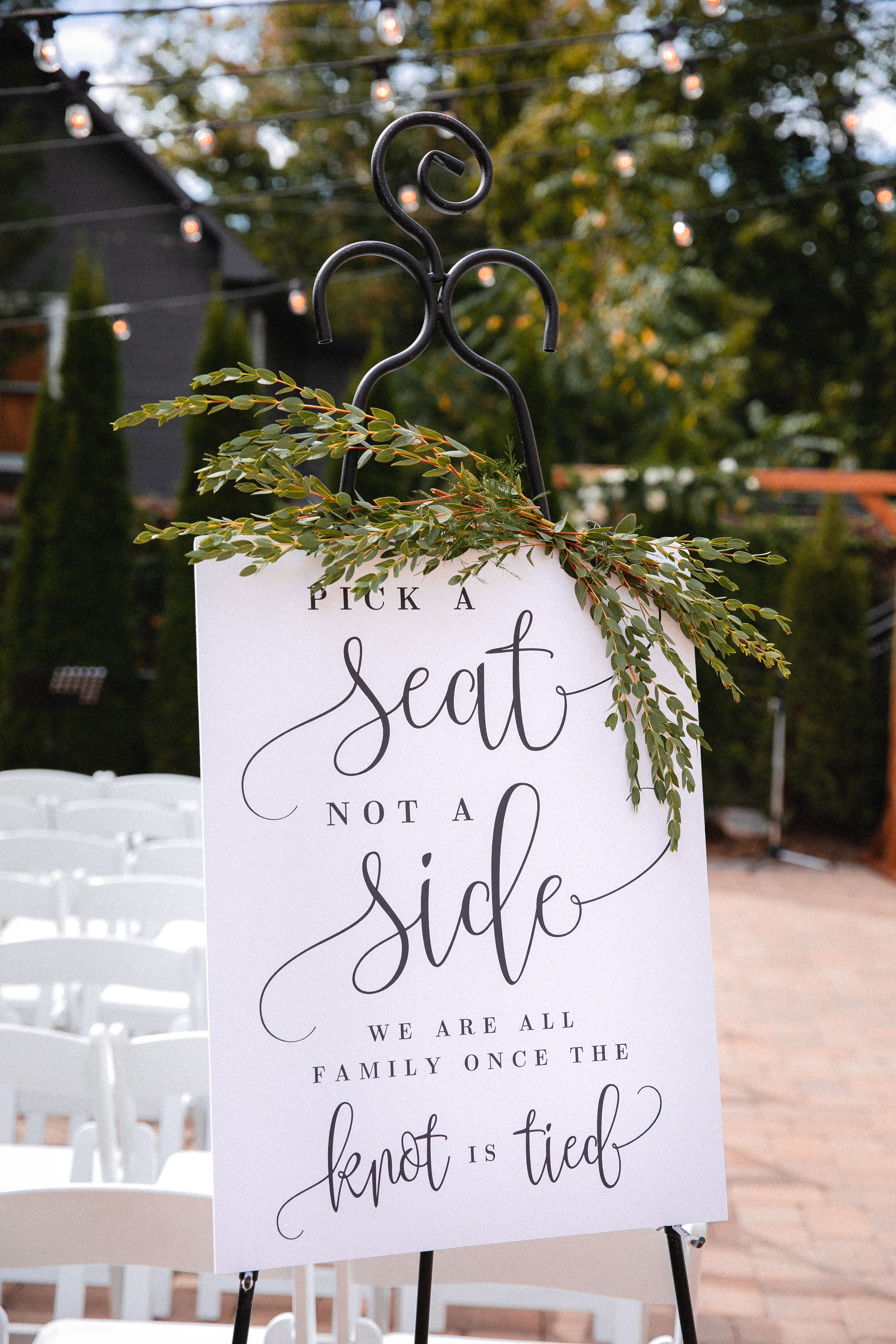Love and relationships
I attended a wedding this weekend. The couple are devout Christians who met through work, and grew closer due to a shared faith in Christ.
Although I wasn’t a Christian, I admired how they pledged to be true and tolerant of each other, even in times of conflict and when things got difficult. The groom said his vows while holding his bride’s hands and looking into her eyes, and memorised a fairly long yet sincere wedding vow that he delivered perfectly. It was simple but touching.
The priest gave an interesting illustration of how the Chinese character for love (爱), when loosely written and rotated to the right by 45 degrees, resembles the Chinese character for God (神). He reminded us that the holy matrimony is not just about being together and sharing lives physically, but it is also a holy union made possible by God.


The priest also mentioned about how, in relationships, there will be conflicts and disagreements. And how the husband should always remember to apologise and ask for forgiveness, while the wife should remember to continue loving her husband through difficulties in order to fulfil the promise they made to each other.
While that is one way of thinking about it, I personally aspire towards a harmonious relationship where conflicts are minimal, and to always have the attitude to seek to understand and respect each other’s point of view in order to resolve any differences.
It does not mean that I want to avoid any conflict and sweep issues under the carpet. That attitude is not healthy in the long run either.
In my opinion, heated arguments have a powerful effect and leave a bad memory that can be difficult to erase. Negative words are impossible to take back once said and may be even harder to completely remove from the other person’s mind. People can forgive, but they may never forget or recover fully from the hurt caused by negative words said in the heat of an argument.
Then what is my preferred approach? It is true that there will be disagreements in points of view from time to time in any relationship. How I want to approach these personal differences should be to agree to disagree right from the beginning, so each party does not feel obliged to convert to the other person’s viewpoint and feels respected in having their own views. Only with this mindset can we start to explore what makes each person think or believe what they do, and to try to find ways to compromise on what matters most to each of them.
The part I liked most was probably the story the priest told at the end, where he shared how a 100-year-old priest he met gave newly wedded couples this advice: to make time for each other during this day every year for some couple time, and also to revisit and renew their vows during their wedding anniversary dates.
That is a nice habit to develop, as we tend to take people around us for granted over time. Renewing wedding vows annually is a commitment to each other to grow alongside each other, and to be grateful for the times spent together as a couple over the past year.
